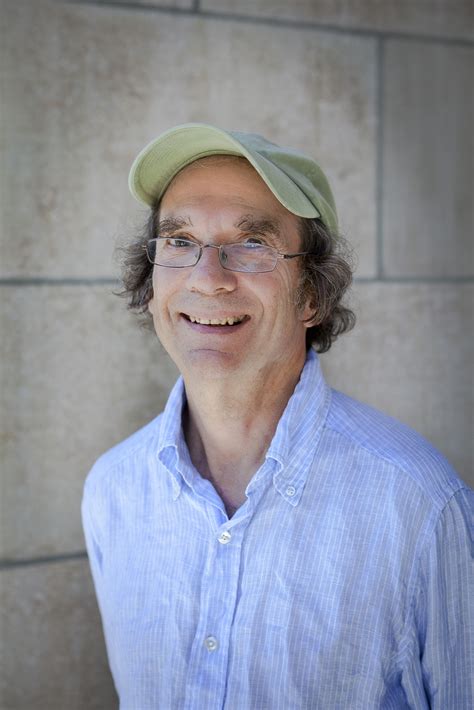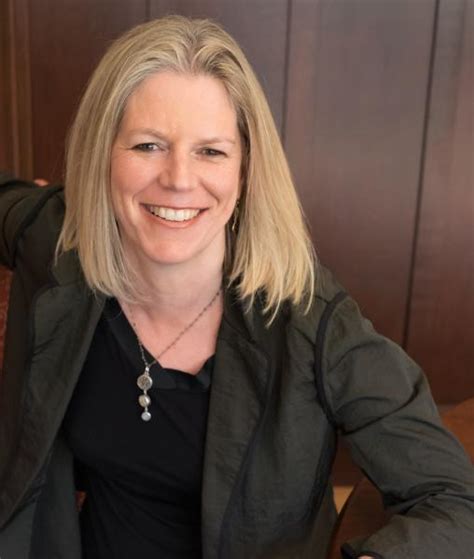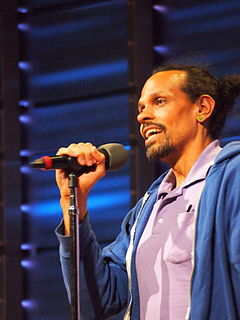A Quote by Andre Aciman
There was a time when Stefan Zweig was the most widely read author in the world. He was lionized everywhere, translated into every language. For the first four decades of the 20th century, his novellas and biographies were devoured by rich and poor, young and old, well read or less so.
Related Quotes
The poor, no less than the rich, stay tuned in to the Dream Machine in bad times as well as good....By 1995, millions of the poor were left without housing, medical care; jobs, or educational opportunity; six million children-one of every four kids under 6 years of age in America-were officially poor. Mired in Third-World conditions of poverty while video-bombarded with First-World dreams, rarely has a population suffered a greater gap between socially cultivated appetites and socially available opportunities.
In fiction, I have been on a Zweig kick. In England over December, I noticed that many British newspapers' year-end recommenders were praising the Pushkin Press for reissuing several works by Stefan Zweig, a brilliant Austrian writer whose work brings to mind that of his compatriot Joseph Roth... these fictions are a treat of prewar European literature
Gabriel Garcia Marquez is one of my all-time favorite writers. I feel spiritual when reading his words, even though they're translated. I wish desperately that I could read it in its original language. I already feel like I'm going to church when I read him; imagine if I could read it in the original.
Thoughts for Young Men abounds in reliable counsel and says - with a rare combination of seriousness and graciousness - the very things we need to hear. Young men, for whom it was written, will find it invaluable; but all Christians, men or women, young or old, can read it with lasting benefit. It deserves to be widely read and circulated, and will do spiritual good to every reader.
It is easy to say that there are the rich and the poor, and so something should be done. But in history, there are always the rich and the poor. If the poor were not as poor, we would still call them the poor. I mean, whoever has less can be called the poor. You will always have the 10% that have less and the 10% that have the most.
Modernism really started with people getting infatuated with the idea of "it's the twentieth century, is this suitable for the twentieth century." This happened before the First World War and it wasn't just the soldiers. You can see it happening if you read the Bloomsbury biographies. It was a reaction to a great extent against Victorianism. There was so much that was repressive and stuffy. Victorian buildings were associated with it, and they were regarded as very ugly. Even when they weren't ugly, people made them ugly. They were painted hideously.
I read everything, but generally more fact than fiction - especially autobiographies and biographies. I've read 'Long Walk to Freedom' by Nelson Mandela at least twice on holiday. Every time, I'm totally awed by his vision, strength and forgiveness. I feel honoured to have got to know him and his wonderful wife Graca over the years.






































